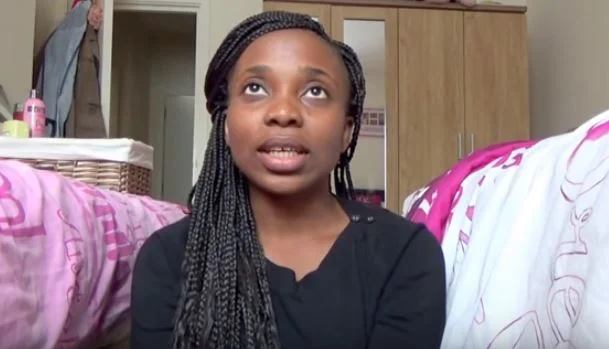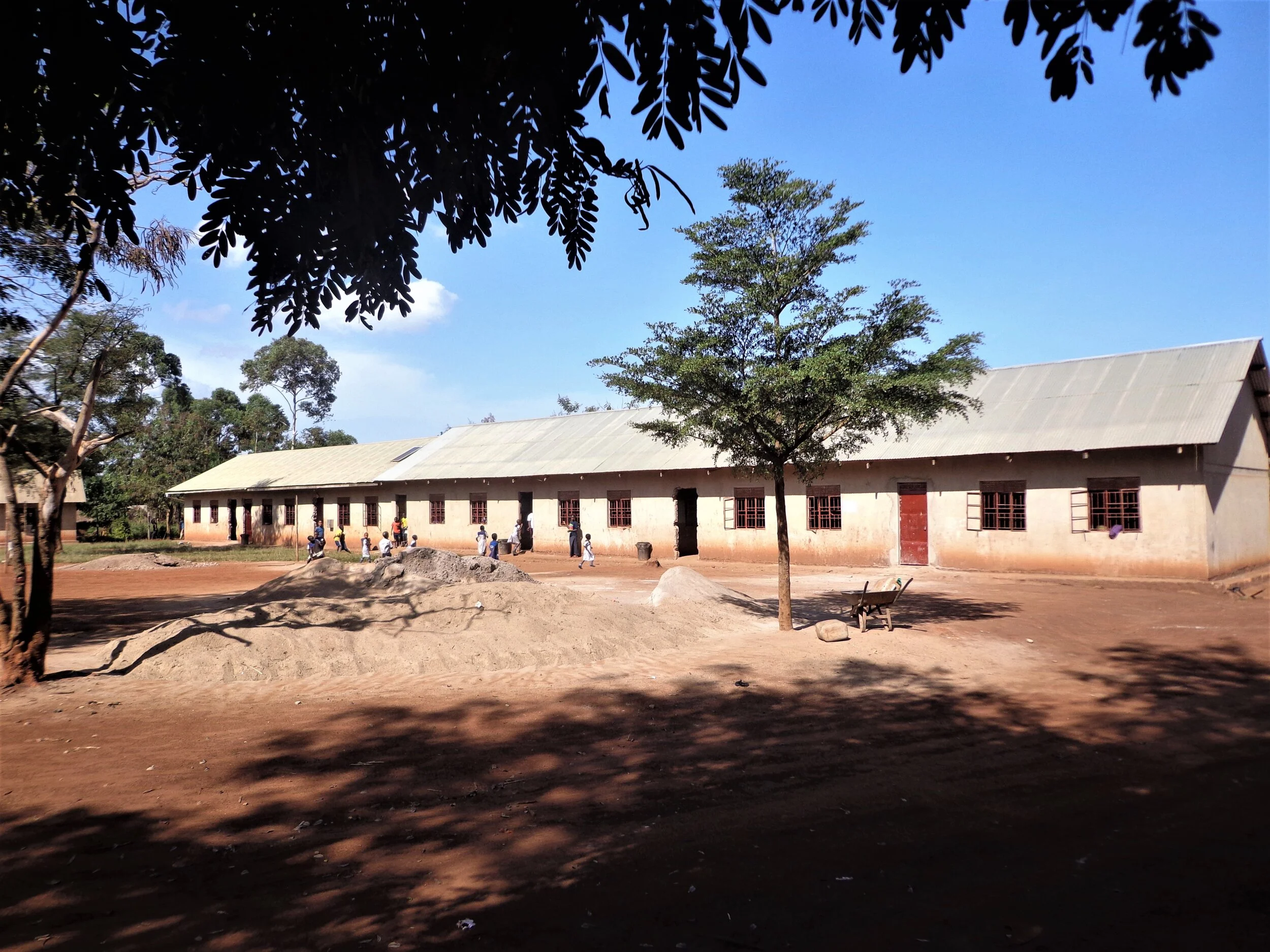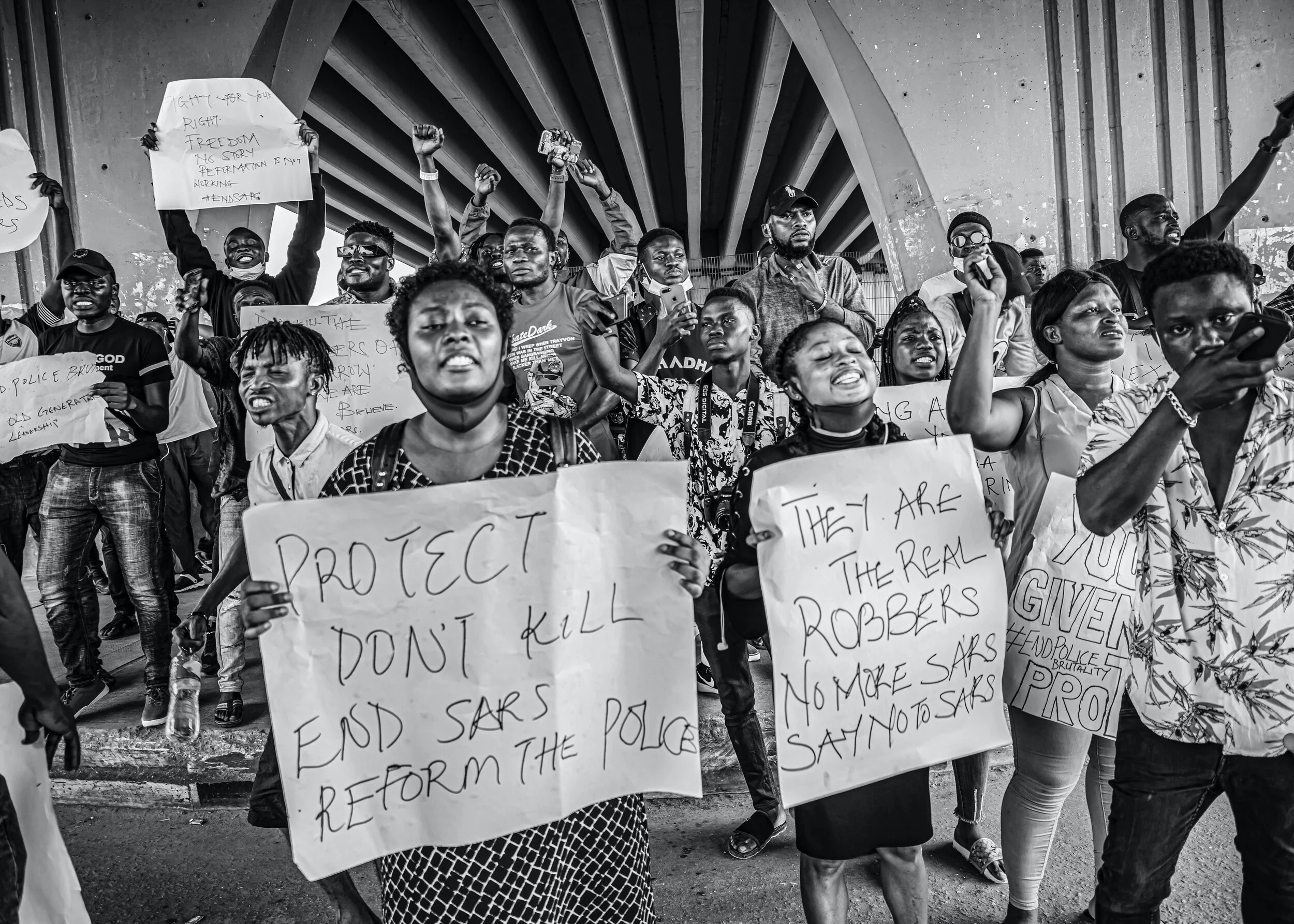Internet Regulations in Tanzania and Uganda are Driving Creatives Offline
Tanzania and Uganda's internet restrictions are hampering creatives
In May, Tanzanian bloggers lost an appeal that had temporarily suspended a new set of regulations granting the country’s Communication Regulatory Authority discretionary powers to censor online content. Officially dubbed the Electronic and Postal Communications (Online Content) Regulations, 2018, the statute, which the Tanzanian government is counting among its efforts to curb hate speech and fake news, requires online content creators — traditional media websites, online TV and radio channels, but also individual bloggers and podcasters — to pay roughly two million Tanzanian shillings (930 US dollars) in registration and licensing fees. They must store contributors’ details for 12 months and have means to identify their sources and disclose financial sponsors. Cyber cafes must install surveillance cameras, and all owners of electronic mobile devices, including phones, have to protect them with a password. Failure to comply with the regulations — which also forbid online content that is “indecent,” causes “annoyance,” or “leads to public disorder” — will result in a five million Tanzanian shillings (2,202 US dollars) fine, a jail term of not less than a year or both.
These new regulations are already forcing young content creators—and often poorer ones—offline. For a country like Tanzania, whose GDP per capita is 879 US dollars—and where approximately 70 percent of the population lives on less than two dollars a day—the financial burden of these new laws threatens to widen the internet-access gap.
“With all of these regulations, [vlogging] is not worth it,” says Faith Hilary, a YouTube creator with about 4,500 subscribers who goes by the handle Tanzanian Vlogger. Hilary won’t be returning to her channel in light of the new regulations. “I made very small revenue from Google ads, which doesn’t translate to the amount of time I put into the videos and the money I spent on [my] internet bundle. The money I got is nowhere near the licensing fee that is being asked.”
Tanzanian Vlogger, AKA Faith Hilary/YouTube
The fee is not the only issue at stake. These new regulations are also convincing individual creators like Aikande Kwayu, a management and policy consultant who recently shuttered her literary blog, where she published book reviews and flash fiction, that creating online is just not worth the hassle. The vagueness of terms like “online content providers” and “prohibited content” was a deal breaker, Kwayu says, and the requirements also brought “lots of responsibility that I would not have time for.”
It’s the same for blogger Elsie Eyakuze, who after a decade recently stopped posting at her award-winning blog The Mikocheni Report because of the new laws’ expensive fees. She calls the idea of taxation a “flimsy excuse” promoted by the government to restrict free speech.
With a reported 600,000 unique views per day until its recent shutdown, whistleblowing site JamiiForums is one of the highest-profile sites in Tanzania to be affected by the online regulations. Often referred to as “the Swahili Wikileaks,” JamiiForums has fought the government in the past over protecting sources, but the stipulations of the new online content regulations further complicate that relationship. The site was initially forced to go offline last month for failing to register and obtain a license; while its registration has since been approved, authorities insisted the forum remain offline until it had been issued a hard copy certificate marking government approval, a process that delayed the site’s operations for two weeks. Even then, JamiiForums will have to monitor all 80,000 plus comments it receives daily, collect user information and delete any content the regulatory body finds inappropriate within twelve hours of notification. For JamiiForums’ cofounder Maxence Melo, who along with his co-founder Mike Mushi has been detained and arrested in the past for refusing to share users’ identities with the authorities, this is unacceptable.
“Initially we thought [the regulation] was about the money. But it’s not,” Melo says. While they’ve now paid the fees, he says he and Mushi told regulators JamiiForums will not be complying with the stipulation about collecting user data. “The [government] can control the traditional media, but they haven’t been able to control the cyberspace. All these laws are about controlling the cyberspace.”
“[The regulation] is not only a self-censorship license; [content creators have] become the state’s tool to censor their contributors’ civic right to express [themselves online],” agrees Kwayu.
Tanzania’s blogosphere is relatively small, which makes it unlikely that taxes derived from online activities will make a significant contribution to the government’s purse. But this law effectively pushes most Tanzanians to the margins of cyberspace, where they can neither speak nor create, while the majority of conversation about and in Tanzania risks becoming an echo chamber for the upper class. Until now, African creatives, through their work online, have been able to combat the problematic Western idea of Africa as a hopeless continent of war, poverty and disease; in Tanzania, those efforts are now being threatened.
Free speech restrictions aside, the country’s creative output is already suffering. Writers, musicians, visual artists, and photographers not only must contend with exorbitant licensing fees in order to promote their work to fans and potential employers and buyers across the world; now they risk having their entire online portfolio removed by the government for being deemed unpalatable in any number of ways. Artistic expression is bound to suffer if creatives have to second-guess every thought for fear of censorship.
Meanwhile, Tanzania’s new law seems to have inspired the government in neighbouring Uganda to implement a social media tax. As of July 1, Facebook, WhatsApp, Skype, Twitter, Instagram, YouTube and other social media users must now pay two hundred Ugandan shillings (5 US cents) per day for access, via their mobile service provider’s money platforms. The Ugandan government says the new social media tax is meant to curtail “gossip” and generate revenue to pay off the country’s debt, but critics are already decrying it as a ploy to muzzle free speech.
In Uganda, where the youth and unemployed normally buy internet in small bundles, this social media levy threatens to have the same chilling effect as Tanzania’s. Over 70 percent of the country’s 44 million people are below the age of thirty, and critics argue that the younger demographic is being fined for political reasons. Ugandan president Yoweri Museveni, who has been in power since 1986, has demonstrated a thinning skin for criticism, and now, the younger demographic has proven to be a formidable voting bloc, having just elected the 36-year-old, social-media-savvy musician Bobi Wine to parliament last year. With the country’s upcoming presidential elections in 2020, and with younger voters more likely to use the internet for grassroots political organizing (social media sites were restricted during the country’s last presidential election), the Ugandan government is unlikely reconsider its stance for the near future.
“Museveni and his 32 year-old regime know that the [younger generation] is more likely not going to support his life presidency project,” explains Rosebell Kagumire, a Ugandan socio-political commentator and blogger. “[And] this is the demographic online.”
That population is particularly vulnerable: the country’s younger populace is also mostly unemployed and underemployed; a daily tax will undoubtedly present a financial challenge to those who promote their work or job hunt on social media platforms, which are only growing in popularity for employers. As in Tanzania, such circumstances are likely to further marginalize poorer internet users.
Worse still, critics warn that these policies, if they remain in effect, could inspire even more African countries to follow suit. While citizens in Kenya and Nigeria have successfully defeated similar legislation in the past, already, The Democratic Republic of Congo, Cameroon and Ethiopia have at one point or another restricted internet access, and now many worry this trend could become commonplace across the continent.
Originally published by The Verge.
You May Also Like












